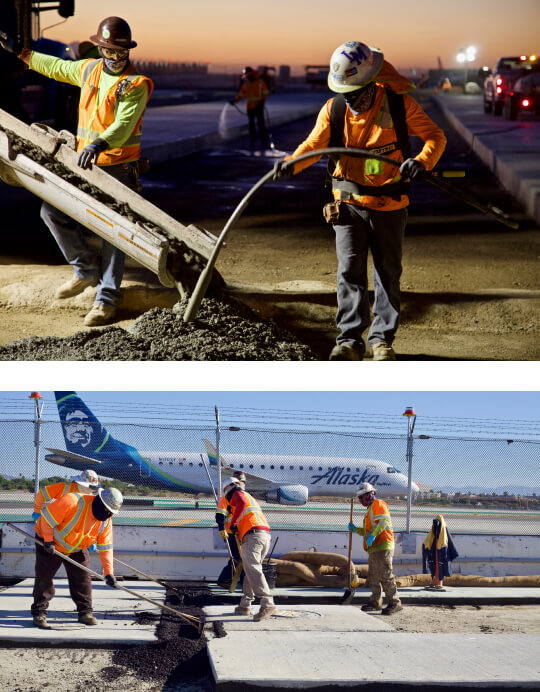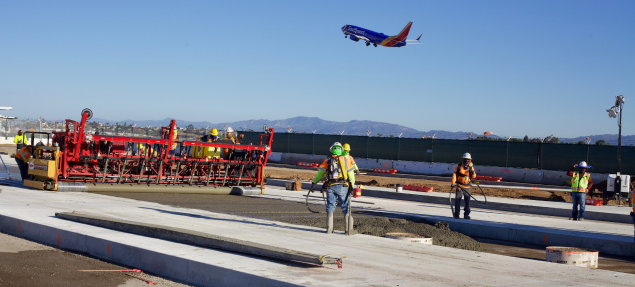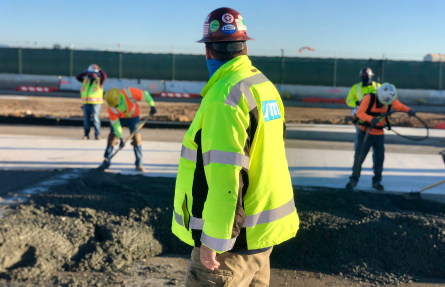
Colas on the world stage
Insights
Colas leveraged its decentralized model to adapt locally to the effects of the health crisis. It had one main priority everywhere: to ensure the health and safety of its employees while protecting the interests of the company.
Grâce Noyal
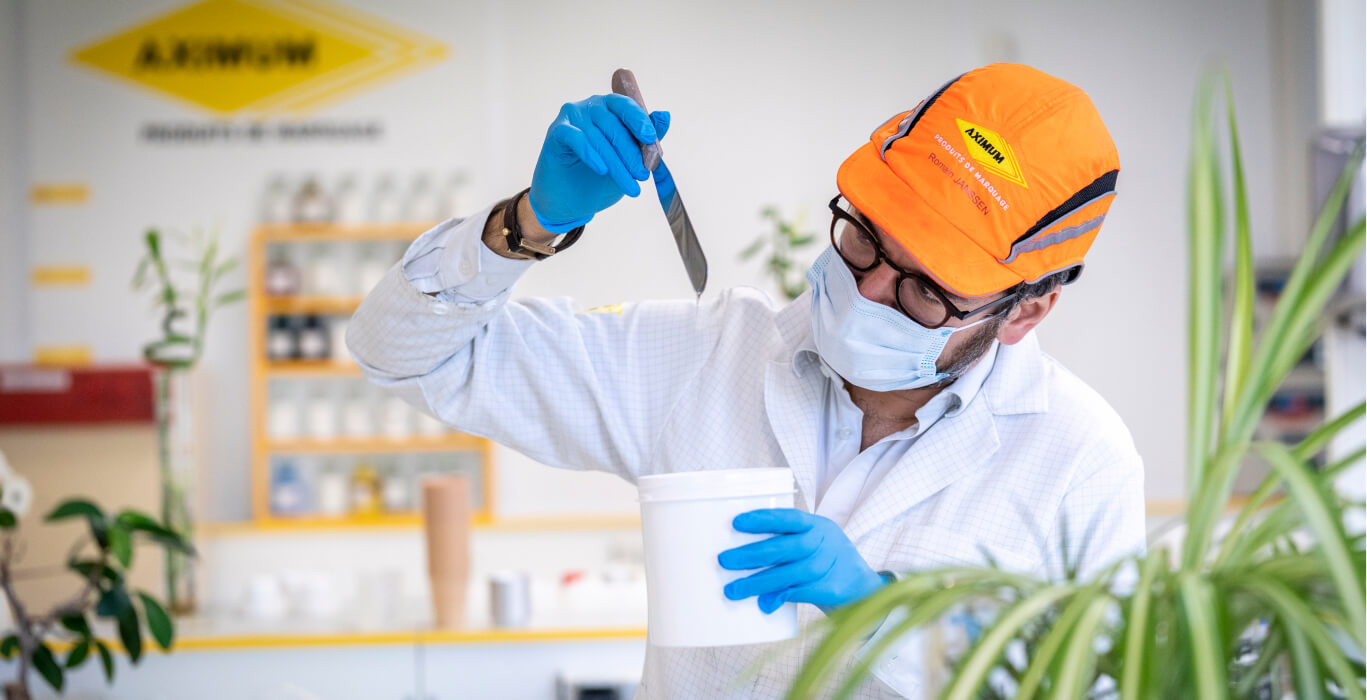
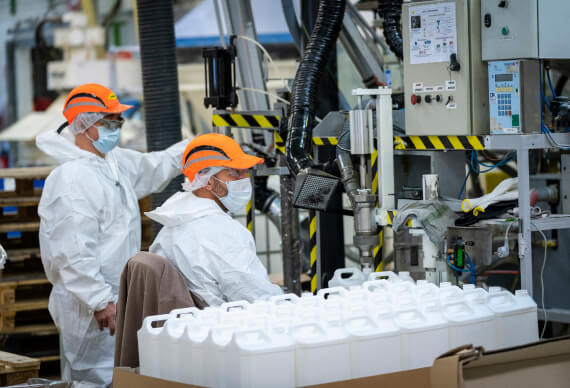
BEING PREPARED WAS THE KEY TO THE SITUATION
From the first days of the crisis, Colas’ Executive Management Committee and all its managers set about analysing the situation, adapting the organization, and deciding on the right measures to protect Colas’ employees and the company’s interests. Crisis units were formed in each subsidiary in March, at the onset of the pandemic.
“Colas’ decentralized model, along with it being a large global group, has proven very effective. Each entity around the world has been able to make decisions adapted to its business and its regulatory, health, and cultural context, while coordinating with others, whenever that made sense, to obtain masks and other products, for example, and also to set common rules.”
CEO of Colas
SAFETY FIRST
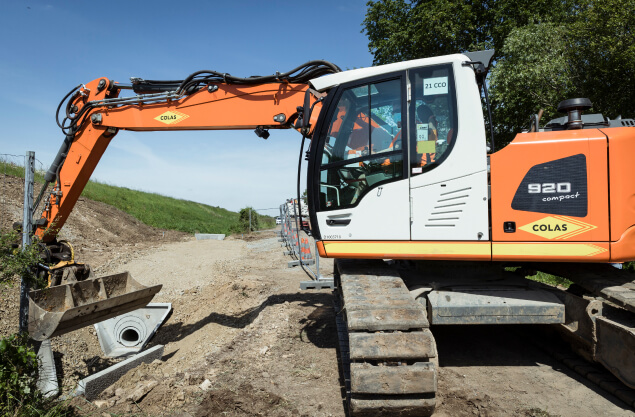
In France, Colas began restarting projects in April. By May 11, and before the lockdown ended, more than 80% were underway again, in line with projections. “We have come up with our own set of health rules in parallel to those developed by the OPPBTP, the construction industry’s health and safety organization,” notes Thierry Méline, CEO France. “The procedures are roughly the same, but ours are stricter in certain areas, notably concerning the wearing of a mask, which we have made mandatory at all times on the worksites. Masks are also required in our offices and at our industrial sites.”
Colas donated a portion of its stock of masks to hospitals when the lockdown was announced. More had to be ordered, and the Purchasing department quickly identified suppliers in China. Logistics operations were stepped up to supply all the regional branches. A paint plant also began producing hand sanitizer for Colas’ French sites.
In the event of a medical or security emergency in the international operations, a system was set up to evacuate employees by air in less than six hours. Colas also made a point of keeping its employees well-informed. An InfoCovid19 email address was created so that employees anywhere in the world could ask questions or make requests. Continual benchmarking was done with 47 major French and European groups of the processes implemented and the decisions made in response to the crisis. Fourteen sources of information around the world (private, governmental, and international institutions) were drawn on to compile updates on the pandemic and its impact on activities.
over 80%
of worksite activity had restarted by the end of the lockdown
less than 6H
to evacuate an employee by plane in the event of a medical or health emergency
14
Sources of information
from around the world reviewed in order to give situation updates
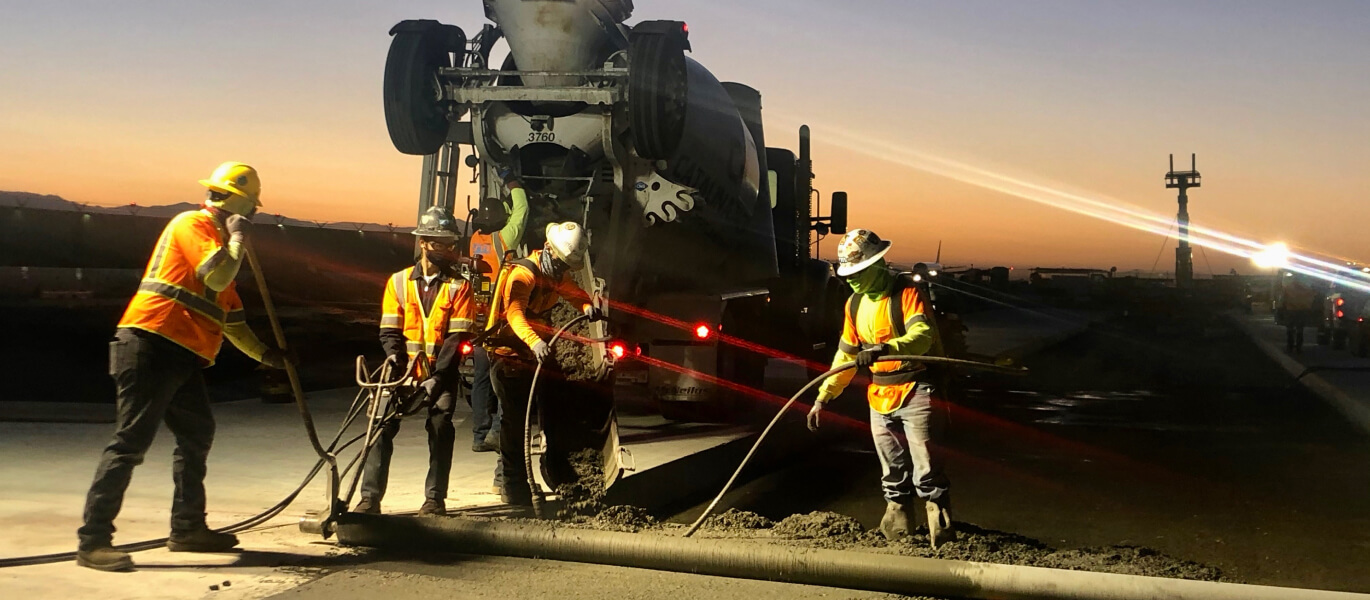
IN LOS ANGELES, ONLY BY STICKING TO THE RULES WAS IT POSSIBLE TO CONTINUE WORKING
In the United States, a country hard hit by the pandemic, construction projects were designated essential activities and work on them continued. Colas has operations in 16 states there, including California, where its subsidiary Sully-Miller Contracting, one of Colas’ companies in the US, is constructing a 1.1-kilometer taxiway at the Los Angeles airport. Even before local authorities acted, strict health measures were being applied at the site, as safety officer Jim Oldham explains:
“The mask was difficult for the first couple of days to get used to, until everyone realized what was at stake – stop the virus spreading to our families and loved ones. It became second nature, and everyone bought in right away. We realized it was serious when we were told that our industry could be shut down. So many other families around the country have lost jobs, and we were lucky that we were deemed essential.”
